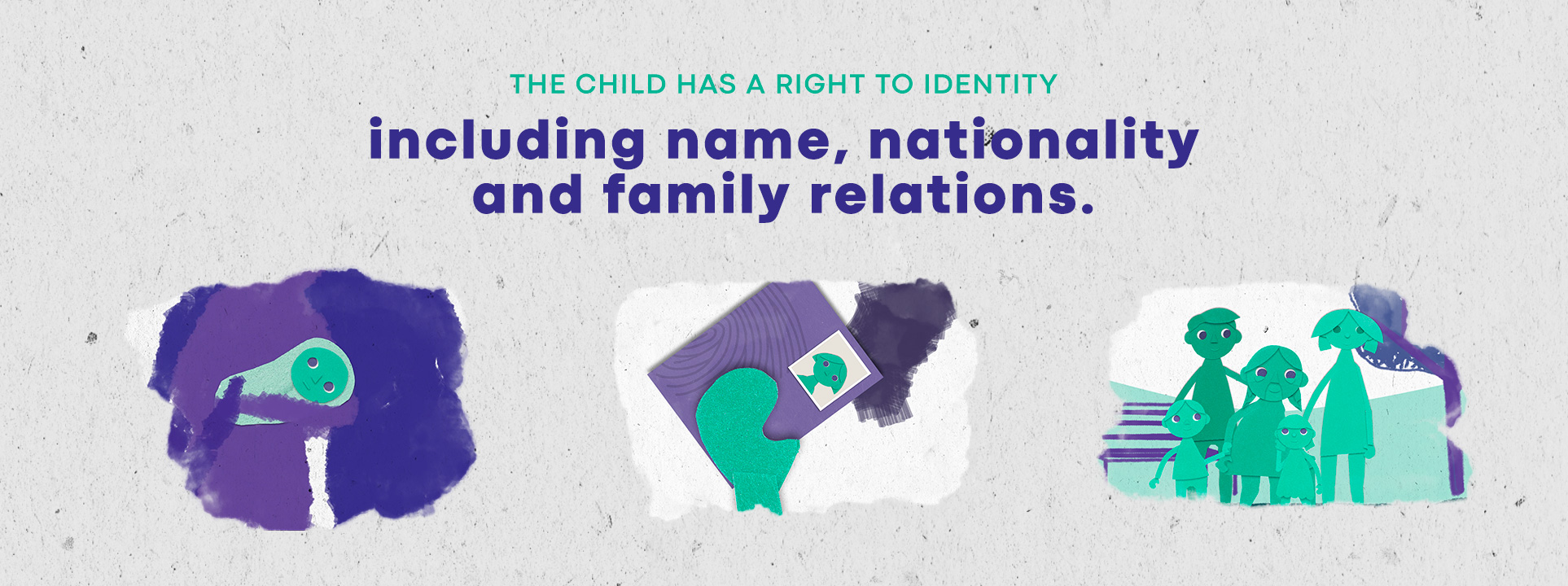WHEN ARE IDENTITY RIGHTS NOT RESPECTED?
Whilst international standards provide safeguards for the creation, modification, preservation and restoration of a child’s identity, millions of children are deprived of this basic right.
Children are at greatest risk of having this specific right contravened, as decisions about their identity often occur on their behalf with lifelong impact. This is particularly true when considering the child’s family relations, a constitutive element of identity..
Every day, millions of children are:
- not registered at birth or without certification of birth records
- the births of 166 million children under age 5 (about 1 in 4) have never been recorded (UNICEF, 2019)
- 237 million children under age 5 lack official proof of registration in the form of a birth certificate (UNICEF, 2019)
- abandoned without information about birth mother and/or father
- baby boxes legalizing anonymous abandonments are widespread in Europe
- more than 3500 newborns have been abandoned since 1999 in the USA
- transferred unduly into the care of others (e.g. informal care, foster care and adoption)
- over 1 million children have been adopted internationally, many before or contrary to the 1993 Hague Convention safeguards
- born through recourse to anonymous gametes and/or surrogacy without appropriate frameworks
- approximately 8 million children have been born to date through anonymous donation of sperm and oocytes (COE, 2019)
- separated from their families due to migration and/or emergency situations
- the estimated number of young migrants (aged 15 to 24) was 31.7 million in 2020, of which a proportion cannot access their right to identity, as they may not have identity documents and even when they do, they may not be portable across borders. They are at risk of statelessness and unnecessary separation from their families (Migration Data Portal, 2021).






